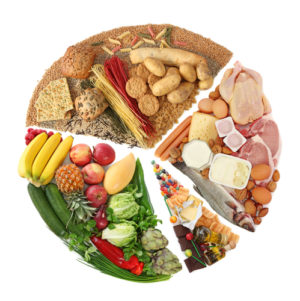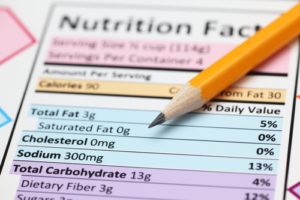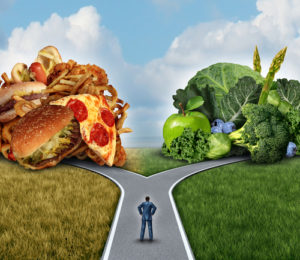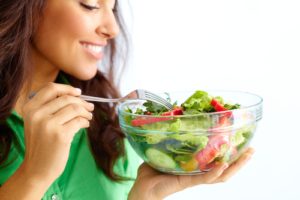Topic starter: Many times, knowing what works is just as valuable as knowing what doesn’t work.
Nutrition changes with age. Aging is linked to a variety of changes in the body, including muscle loss, your skin gets thinner, less stomach. acid which can affect the absorption of nutrients, such as vitamin B12, calcium, iron and magnesium. The elderly have an increase risk of malnourishment, a decline in general functional status and to decrease bone mass, immune dysfunction
How Nutritional Needs Change as we get Older
Fewer Calories are needed:
If you want to lose weight and age group is 40s or 50s, fewer calories are needed. Why? we move around less, we have less muscle, and our metabolic rate goes down. Always consult your Physician. For this might not be the case for active older adults, it can depend on your activity level.
More Nutrient-Rich Foods:
Just because you may need fewer calories doesn’t mean you need fewer nutrients. You may be older, but you still need the same vitamins and minerals as anyone “(and may even more of certain nutrients)”. To get the nutrients in less food, choose nutrient-dense foods, such as leafy green vegetables which are packed with vitamin D and fruits contain plenty of vitamin C, foods like vegetables, whole grains, beans, nuts, and lean meat for protein and iron.
You can take Supplements to make sure you get enough nutrient:
It’s important to make sure you get enough B12, vitamin D, and calcium. Older adults may not break down and absorb B12 from foods as easily, so you may need to take supplements, also to prevent bone loss vitamin D and calcium. Consult with your Doctor.
Eat Brain healthy foods:




